For any relationship to succeed, honest conversations are vital. The same goes for a relationship between a custom software developer and their client.
At AxiaTP, we know that if we tackle three conversations with our clients before beginning development, the process will be smoother for everyone involved. And even though those conversations can be difficult, they can be the key to the success of a custom software development project.
Here are three conversations to have with your software developer.
Conversation 1: An Honest Conversation Regarding Budget
Here’s the honest truth: custom software development is expensive, but it should be. It’s incredibly difficult, risky, and there are not a lot of people that are truly good at it. But a lot of people don’t want to admit this; they want to sell a product. When that happens, they may try and dodge a real conversation about the budget, or they may try to minimize it, and then the customer might not have an idea what they’re actually getting into.
If you’re thinking about having some custom development work done and you don’t have a clear idea of what you’re paying (by the hour and for the project), then you should hit pause and have that conversation. If you feel like things are being sugar-coated, ask for the goods behind the price. Start a conversation with your software developer about the estimates and the project plan. Also, consider what happens when the building you’re planning on stops. How much should you have budgeted for maintenance and improvements?
Conversation 2: Share a Transparent, Realistic Plan
Anytime you are working with a custom software developer, there should be a solid plan in place. That isn’t to say that the plan is going to be perfect, but if your developer doesn’t show you a clear way to understand the plan, and there isn’t a willingness to share it with you, then something might be amiss, most likely the plan!
As important as sharing the plan is, so is sharing what tools and techniques will be used to measure whether or not the team and the plan are still on schedule. At Inverse-Square, we leverage weekly work reviews and project planning software to make sure we always have an accurate picture of what we currently know, and where on the plan we currently are. With that said, it’s impossible to know everything.
Conversation 3: A Shared Understanding of What’s Going to Happen When the Plan Falls Apart
Software development is difficult, we’ve already stated that. A lot of it is research and development, which means a lot of it is unknown. Anytime there is uncertainty in a plan, the plan is destined to change. Everyone involved in the project should be clear on what that means. If efforts run over budget or past your deadline, are your expectations for the team to work nights and weekends to make up for that? Does the development team know that? When the unexpected strikes, whose wallet does it hit?
All of these questions have one thing in common: they are much easier to discuss before it becomes necessary. If the whole team clears this up at the beginning, no one will be surprised when the unavoidable happens. Will you still be disappointed and frustrated? Probably, but that’s better than being blindsided.
These three conversations are common sense, but are oftentimes avoided. If you’re working on a custom project and you haven’t checked all three of these boxes, stop what you’re doing and do it now.
Collectively, our team has a lot of experience under our belts. The one thing that experience has taught us is that very few things are clean-cut in the custom software development arena. What we’ve found is that it’s better to be open, honest, and transparent with one another and our clients, than it is to hope that “this time we’re smarter” and assume that nothing will go wrong.
The Bottom Line
If you’re thinking about embarking on a custom software development project, and are looking for software companies in Indianapolis, please feel free to contact us and we’ll see how we can best prepare you for that engagement.
Or, if you’re already in an engagement and things have gotten messy, it’s not too late. You can still perform a reset, get expectations set straight, and give it another go. Just don’t leave your head in the sand.



